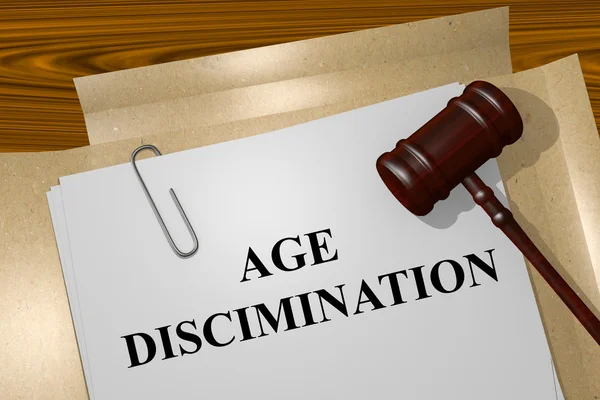Jury duty is an essential component of the American legal system. It is a civic responsibility that helps ensure a fair and impartial trial for all citizens. When you receive a jury duty summons, you are expected to participate unless you have a legitimate reason to be excused. However, some individuals may wonder what happens if you don’t go to jury duty. In this article, we will explore what can happen if you fail to fulfill your jury duty obligations, why jury service is important, and potential exemptions and alternatives.

Contents
The Importance of Jury Duty
Before delving into the consequences of not attending jury duty, it’s essential to understand the significance of this civic duty.
- Ensuring Fair Trials: Jury duty is a cornerstone of the justice system, ensuring that defendants receive a fair trial by their peers. Juries are composed of individuals from different backgrounds, making it more likely that the final verdict will be just and unbiased.
- Protecting Civil Liberties: Participating in jury duty helps protect our civil liberties and rights. Jurors act as a check on the government and have the power to acquit individuals when laws are unjust or applied unfairly.
- Strengthening Democracy: Jury service is a fundamental part of a functioning democracy. When citizens actively participate in the legal process, they contribute to the maintenance of a just and free society.
What Happens If You Don’t Go to Jury Duty
Now that we’ve highlighted the importance of jury duty, let’s explore the potential consequences of failing to attend when summoned.
- Legal Penalties:
- Contempt of Court: Ignoring a jury duty summons can result in being held in contempt of court. This may lead to fines, community service, or even jail time.
- Warrants: Some jurisdictions issue bench warrants for individuals who don’t show up for jury duty. A bench warrant can lead to your arrest if you come into contact with law enforcement.
- Monetary Fines: Failing to appear for jury duty may result in financial penalties, which vary by location. These fines can add up over time if ignored.
- Legal Consequences:
- Loss of Voting Rights: In some states, not fulfilling your jury duty obligation can lead to a loss of voting rights. You may be disqualified from voting until you resolve your jury duty situation.
- Criminal Record: Failing to appear for jury duty can lead to a criminal record, making it harder to find employment or housing in the future.
- Driver’s License Suspension: A few states have laws allowing the suspension of your driver’s license for jury duty non-compliance.
- Continued Legal Obligation:
- Repeat Summons: If you don’t attend jury duty, you may continue to receive summons and face the same legal consequences each time.
- Extended Jury Duty: In some cases, individuals who fail to appear for jury duty may be asked to serve for a more extended period as a way to make up for their absence.

Exemptions and Alternatives
It’s important to note that there are legitimate reasons for being excused from jury duty, and many jurisdictions provide exemptions and alternatives for those who cannot attend due to specific circumstances. These exemptions and alternatives vary by location, but common examples include:
- Age Restrictions: Some jurisdictions have age limits for jury service. For example, individuals under 18 or over a certain age may be exempt.
- Medical Conditions: If you have a medical condition that makes it physically or mentally challenging to serve on a jury, you may be excused. You will likely need a doctor’s note or medical documentation to support your claim.
- Financial Hardship: If jury duty would result in financial hardship, you may be excused. You’ll need to provide evidence of your financial situation.
- Employment Conflict: Some states allow individuals to be excused from jury duty if serving would cause significant harm to their employment or business.
- Previous Service: If you have served on a jury within a specific timeframe, you may be exempt from future service.
- Residency: If you are not a resident of the jurisdiction that issued the summons, you may be excused.
- Undue Hardship: Jurisdictions may provide exemptions for individuals who can demonstrate that jury duty would create an undue hardship for themselves or their families.
- Active Military Duty: Individuals on active military duty may be exempt from jury service.
It’s important to check the specific rules and guidelines for jury duty exemptions and alternatives in your jurisdiction. Typically, these guidelines will be included with your jury duty summons.

Conclusion
In conclusion, failing to go to jury duty can have legal and personal consequences. Jury service is a crucial aspect of our legal system, ensuring fairness, justice, and the protection of civil liberties. While it’s important to fulfill this civic duty, there are legitimate reasons for exemptions and alternatives for those who cannot attend. If you receive a jury duty summons and believe you have a valid reason for exemption, it’s essential to follow the appropriate procedures in your jurisdiction to avoid any potential legal consequences. Remember, jury duty is not just a responsibility; it’s a way to actively participate in the democratic process and uphold the principles of justice in society.




